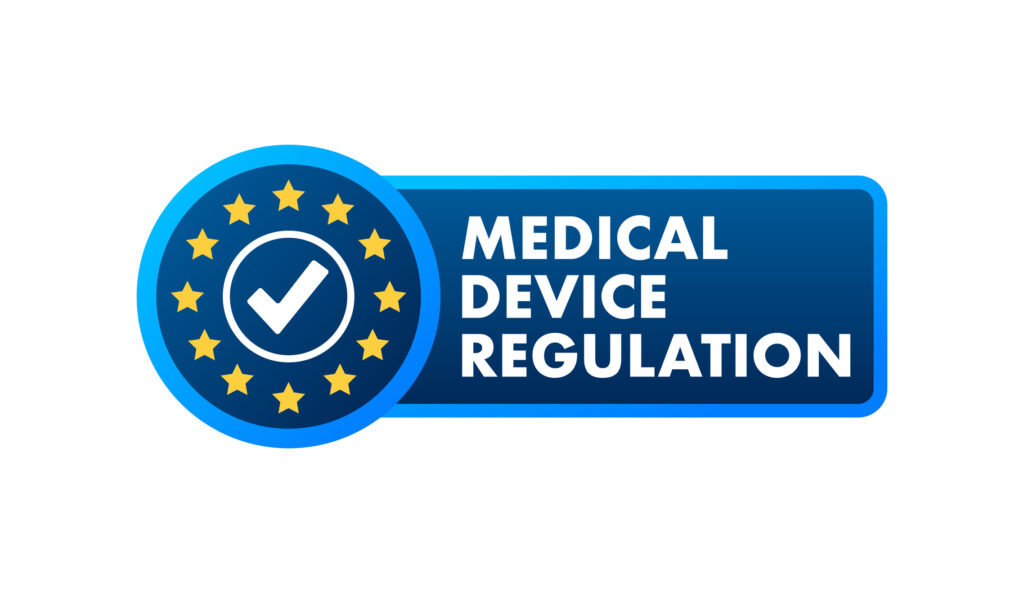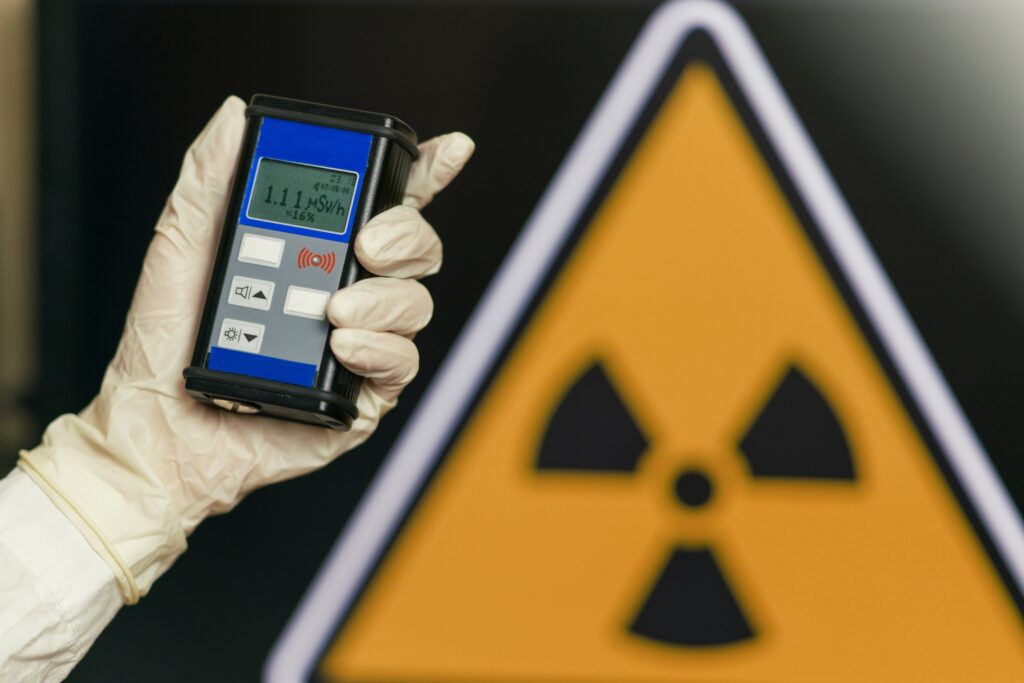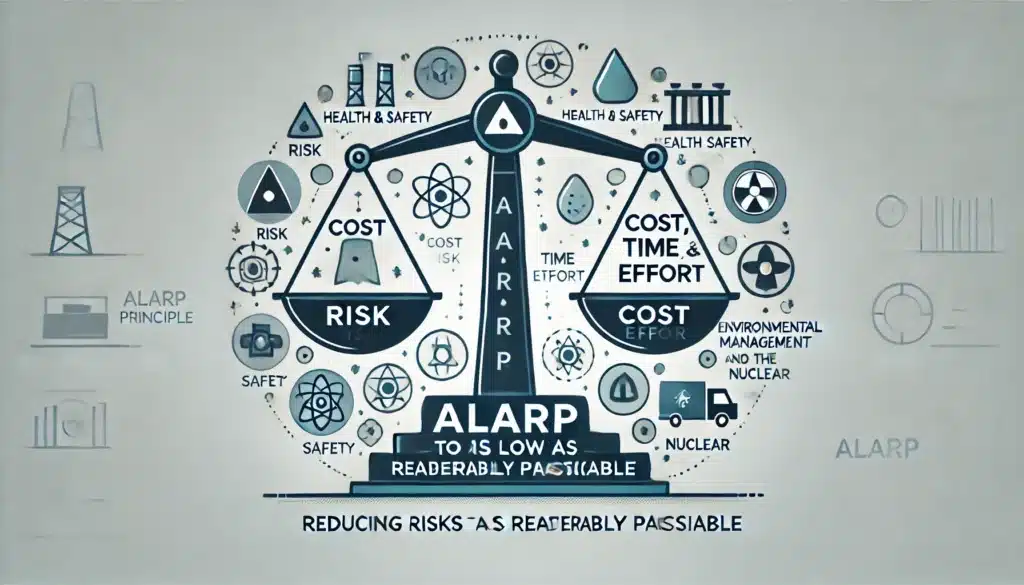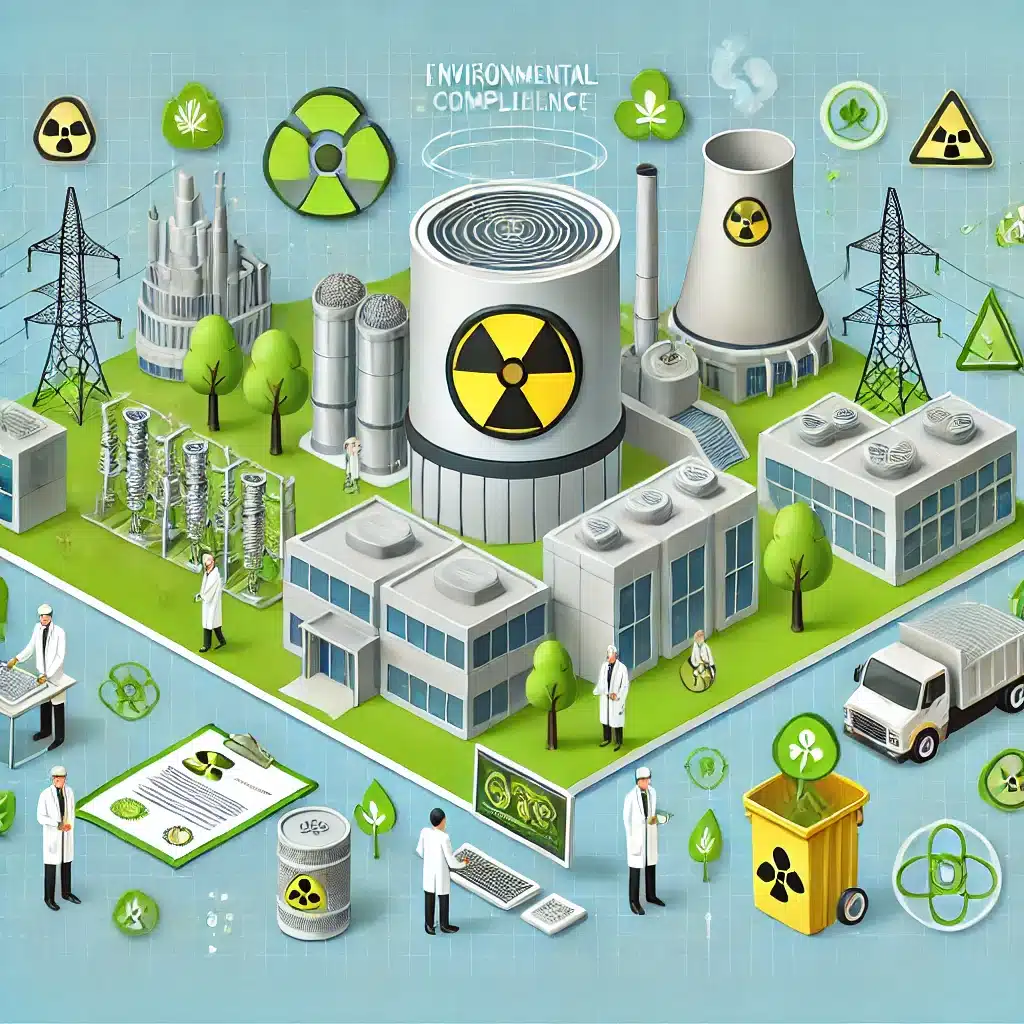Efficient and productive laboratory operations are essential for the advancement of scientific research and development. Having the right tools and processes in place can significantly impact the productivity and effectiveness of your laboratory team. From state-of-the-art equipment to comprehensive software, effective inventory management, continuous training, and rigorous quality control, labs require a multifaceted approach to succeed. Below, we will explore resources that can help optimise lab workflows and ensure consistent results.
Streamlining Lab Operations With Management Software Solutions
Lab management software plays a crucial role in streamlining operations from sample tracking to data analysis. These sophisticated platforms can centralise laboratory information, manage workflows, and ensure data integrity across various instruments and experiments. As a result, labs can become more responsive and data-driven in their approaches.
For instance, network monitoring solutions can significantly enhance a lab’s IT infrastructure by ensuring all connected devices are functioning optimally. This leads to reduced downtime and supports the seamless integration of lab management tools with existing systems.
By investing in these digital solutions, laboratories can substantially minimise manual errors and optimise the use of resources. This digital transformation not only boosts efficiency but also fosters an environment conducive to innovation and scientific breakthroughs.
The Role of Training and Development in Lab Success
Training and development are pivotal in ensuring that laboratory personnel are equipped with the skills and knowledge required to operate advanced equipment and execute complex procedures. A well-trained team is more likely to produce accurate, reliable data and can operate more effectively within the bounds of standard operating protocols. Employing life science digital marketing solutions can help improve your lab’s online presence.
Ongoing professional development opportunities also serve to keep staff updated on the latest techniques and technologies, maintaining a competitive edge for the lab. Opportunities for skill advancement can foster a culture of continuous improvement and innovation.
When training is approached strategically, it can improve overall lab productivity and morale, thereby reducing turnover and the associated costs of recruiting and training new personnel. Aligning individual career goals with lab objectives creates an environment where both can thrive.
Essential Equipment for Efficient Laboratory Workflows
In any laboratory setting, the right equipment is the backbone of day-to-day operations. Advanced analytical instruments such as spectrophotometers, centrifuges, and chromatography systems are pivotal in conducting precise experiments. Quality and reliability should be the primary considerations when selecting these critical tools, as they can directly impact the accuracy of your results.
Beyond specialised instruments, basic laboratory necessities such as pipettes, balances, and pH meters must always be maintained in working order. This means regular calibration and servicing are necessary to guarantee that these tools perform to their specifications. A preventative maintenance schedule is as crucial as the equipment itself to avoid downtime or erroneous data.
Such advancements underline the importance of staying abreast with technological trends to maintain an edge in laboratory efficiency. However, implementing new technology should always be carefully planned to integrate seamlessly with existing workflows and enhance rather than disrupt operations.
Maintaining Compliance With Quality Control Standards in Labs
Quality control is the cornerstone of lab credibility and success. Adherence to strict quality standards ensures the validity and reproducibility of experimental results. This involves regular audits, calibrations, and validations of both the processes and equipment used in the laboratory.
Compliance with industry regulations, such as ISO or GLP standards, is not just a matter of following rules; it also instils confidence in stakeholders and collaborators. It signifies that a lab is committed to achieving the highest level of scientific rigour in its work.
Overall, the keys to successful lab operations lie in assembling the right resources and implementing strategies that enhance efficiency, accuracy, and compliance. By focusing on state-of-the-art equipment, sophisticated management software, effective inventory strategies, comprehensive staff training, and strict quality control protocols, laboratories can position themselves for cutting-edge research and outstanding scientific contributions.
Disclaimer:
The information provided in this article is intended for general informational purposes only and does not constitute professional advice or guidance. While Open MedScience endeavours to ensure the accuracy and relevance of the content at the time of publication, we make no guarantees regarding its completeness or continued applicability. Readers should independently verify any information before acting upon it and consult appropriate professionals where necessary. Open MedScience does not endorse any specific products, services, or software mentioned in this article. The inclusion of third-party tools or services is for illustrative purposes only. Open MedScience accepts no responsibility for any loss, damage, or disruption that may arise from reliance on the material presented.




